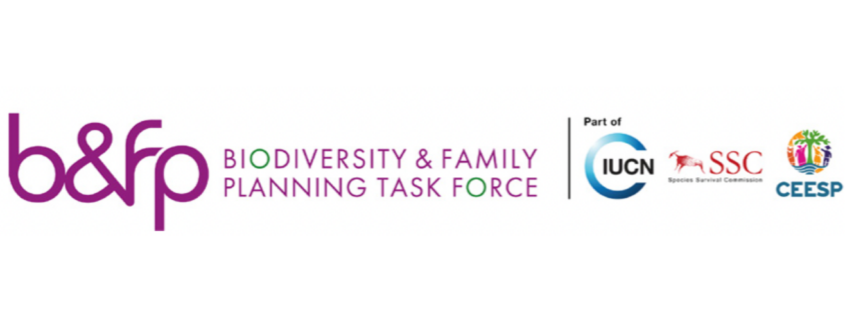Reproductive choice in national biodiversity policy
The 196 countries which have ratified the UN Convention on Biological Diversity are required to develop and implement national biodiversity strategies and action plans, or NBSAPs. Each NBSAP is developed and determined nationally, through a process involving stakeholders working together across sectors to identify threats to biodiversity and ecosystems, alongside the relevant national strategies and actions which can respond to those threats. Parties to the Convention are now required to revise their NBSAPs, to reflect the new biodiversity goals contained in the Kunming-Montreal Global Biodiversity Framework.
This guide introduces the background to NBSAPs, highlights how to engage in national revision processes, and suggests entry points in order to promote the importance of removing barriers to voluntary and rights-based family planning and the development of new Population, Health and Environment (PHE) programs within those plans.
This resource was developed by the International Union for Conservation of Nature’s (IUCN) Biodiversity & Family Planning Task Force, which is co-chaired by members of the Margaret Pyke Trust team.
Year: 2024
Source: IUCN’s Biodiversity & Family Planning Task Force / The Margaret Pyke Trust




